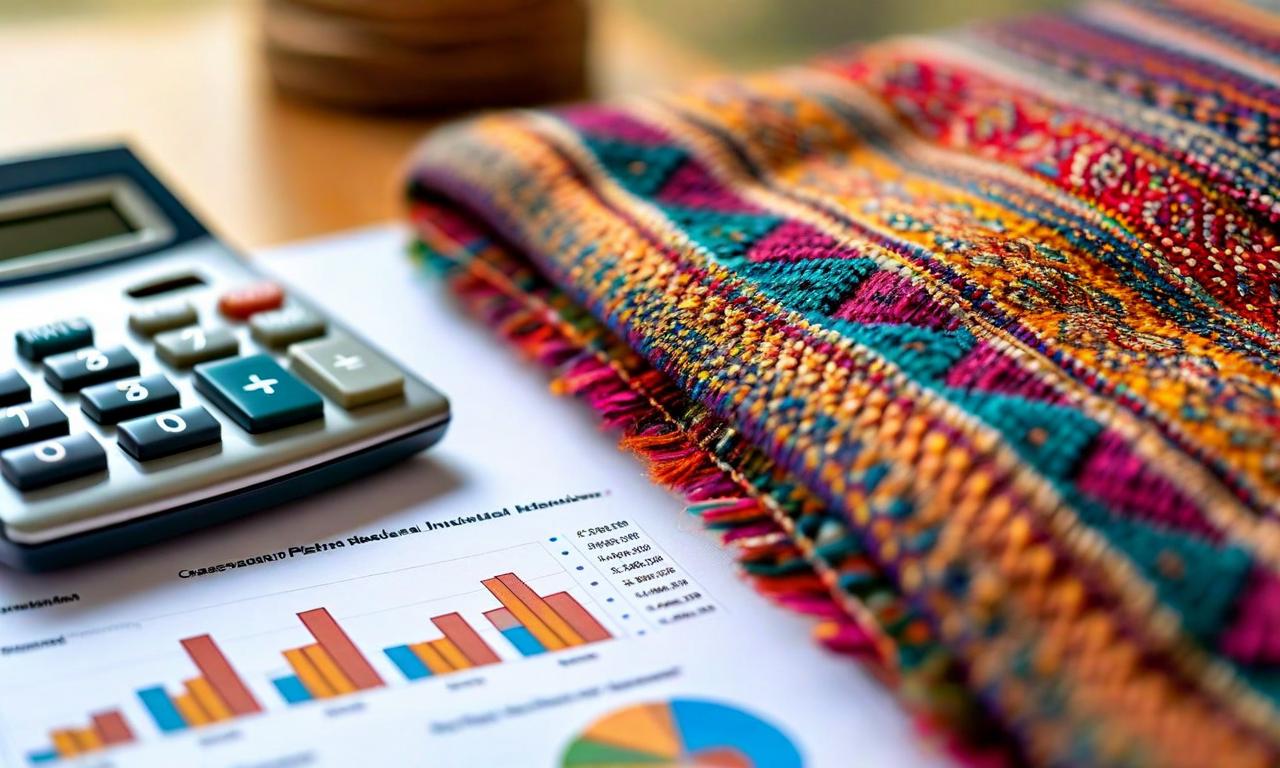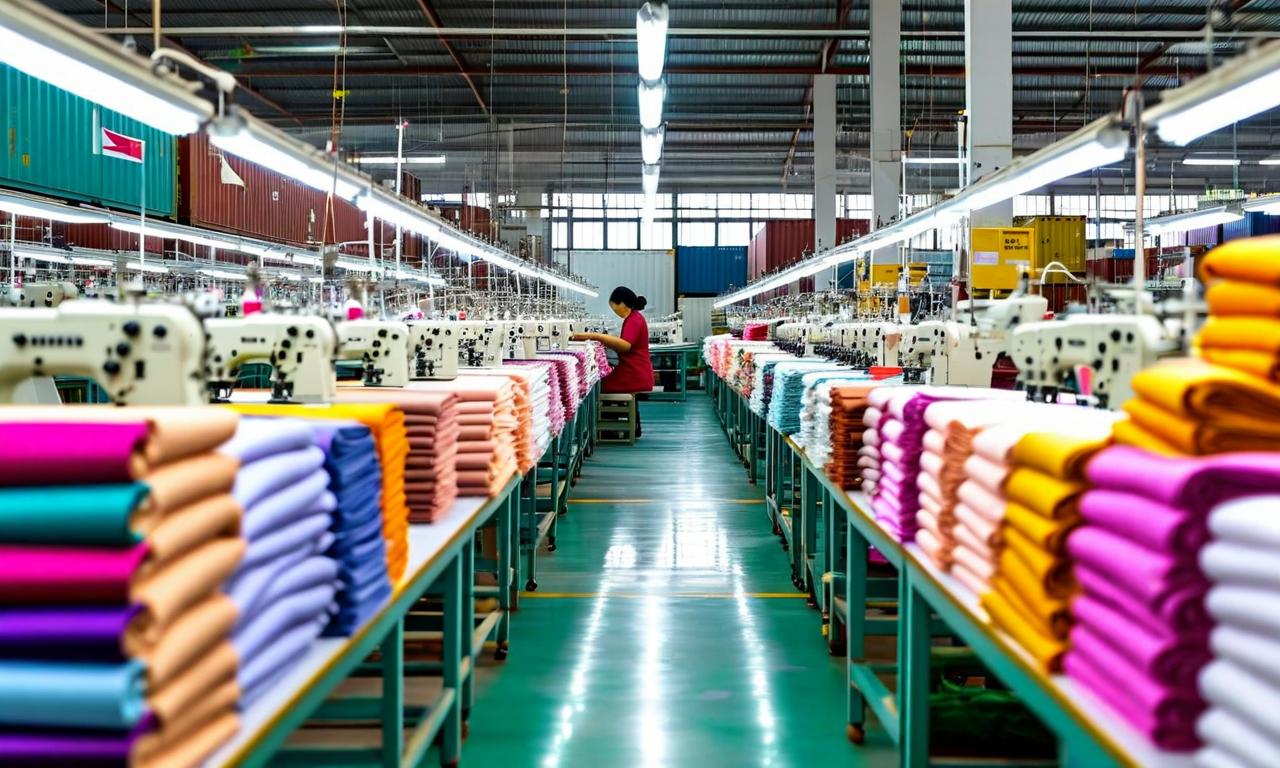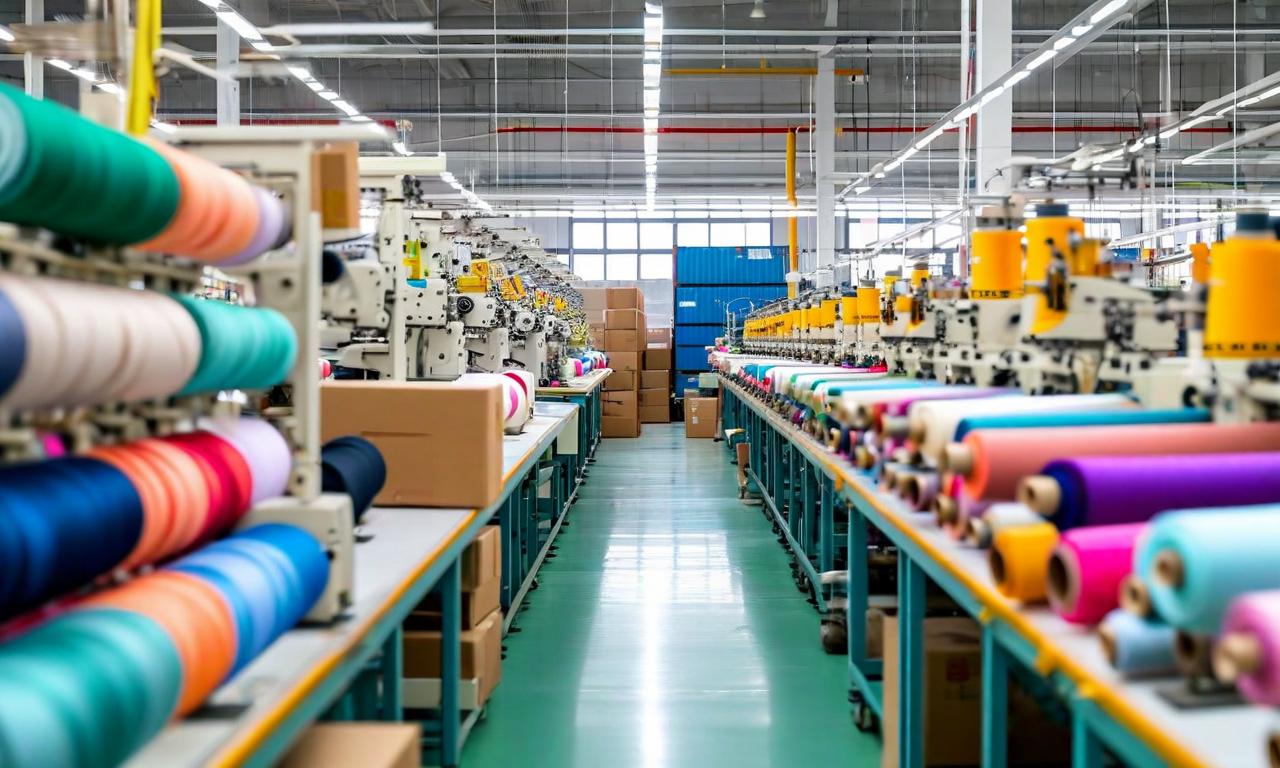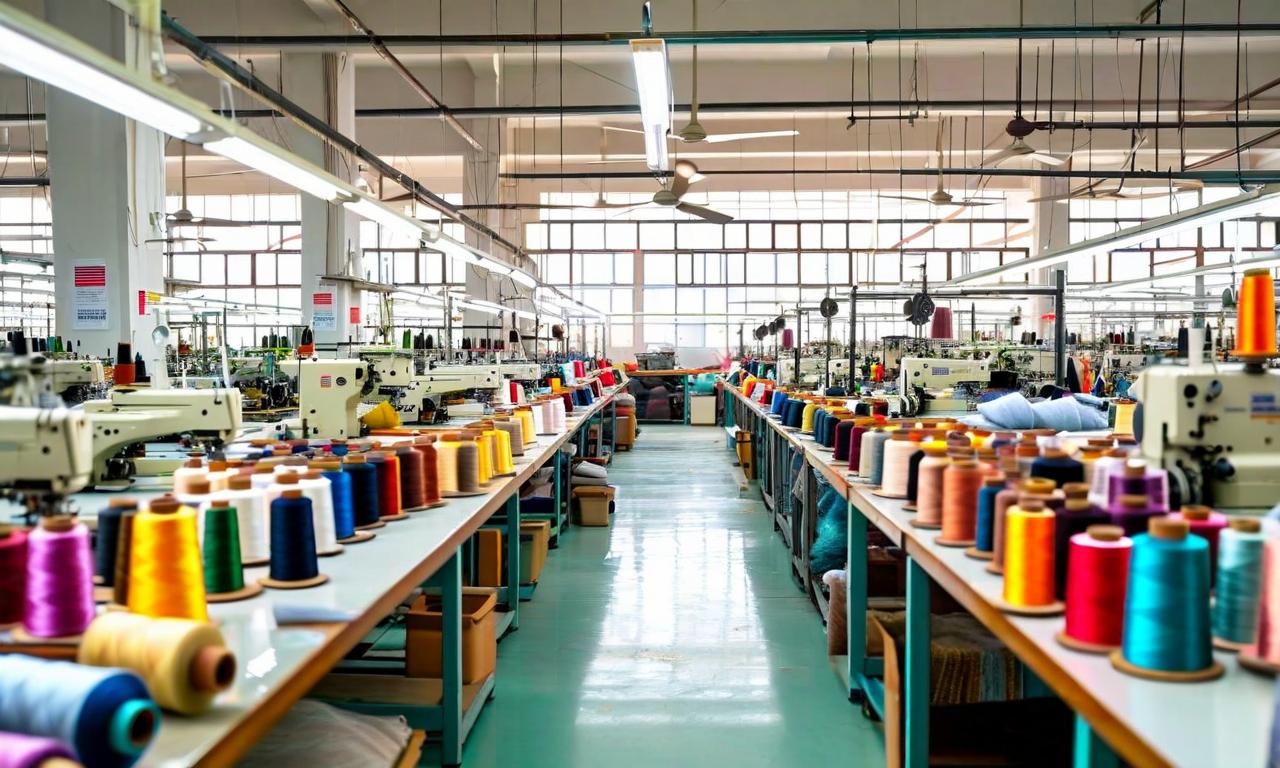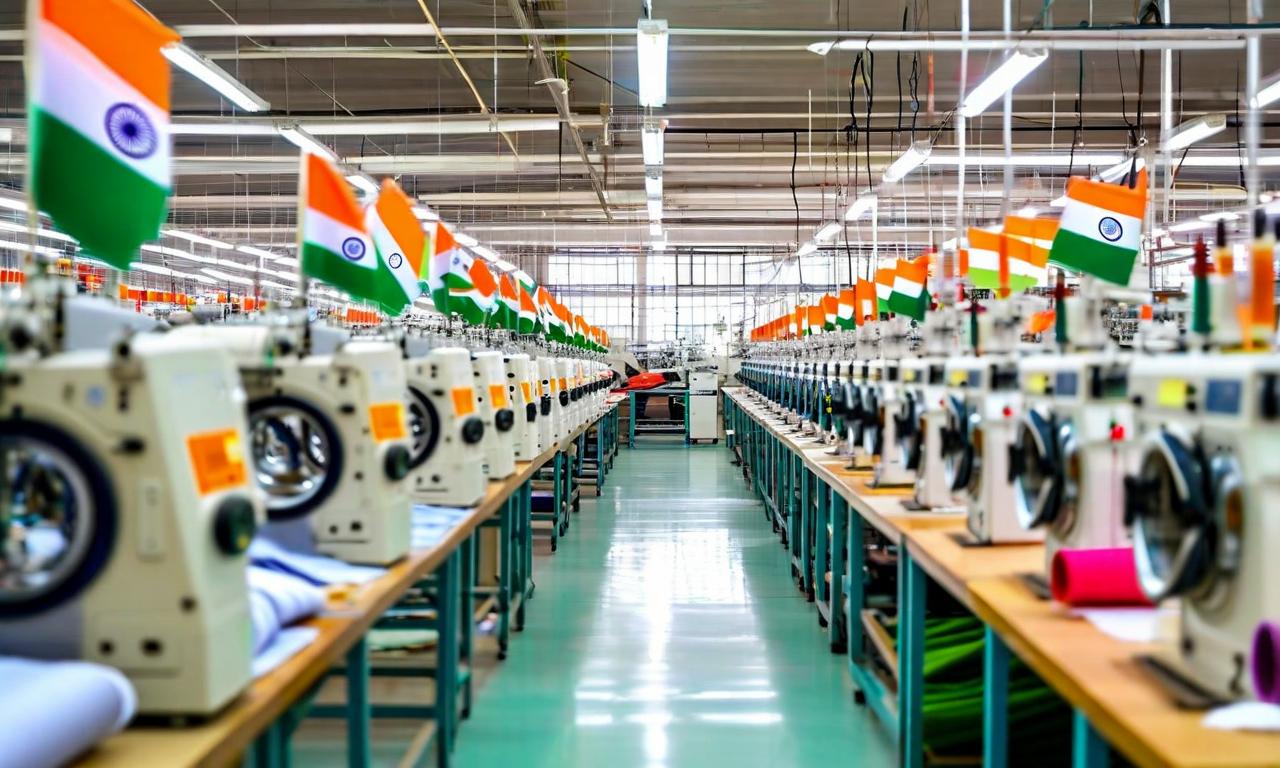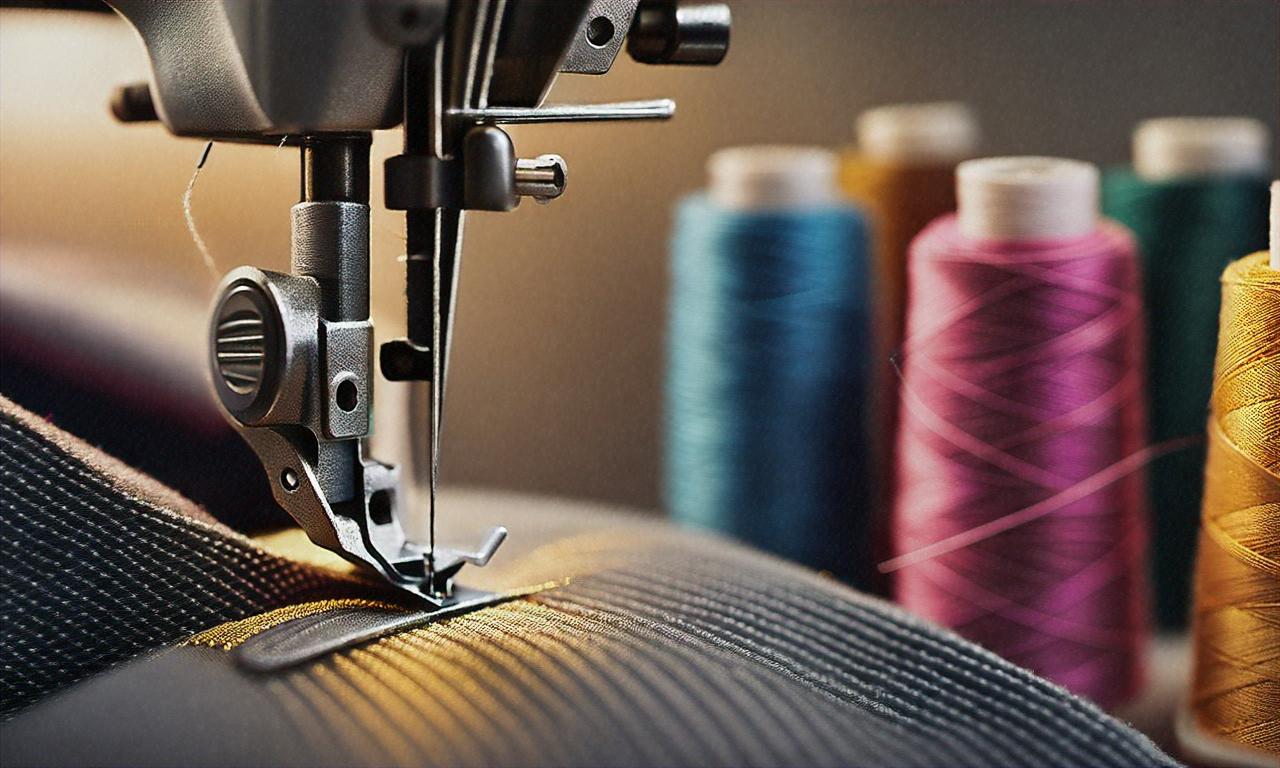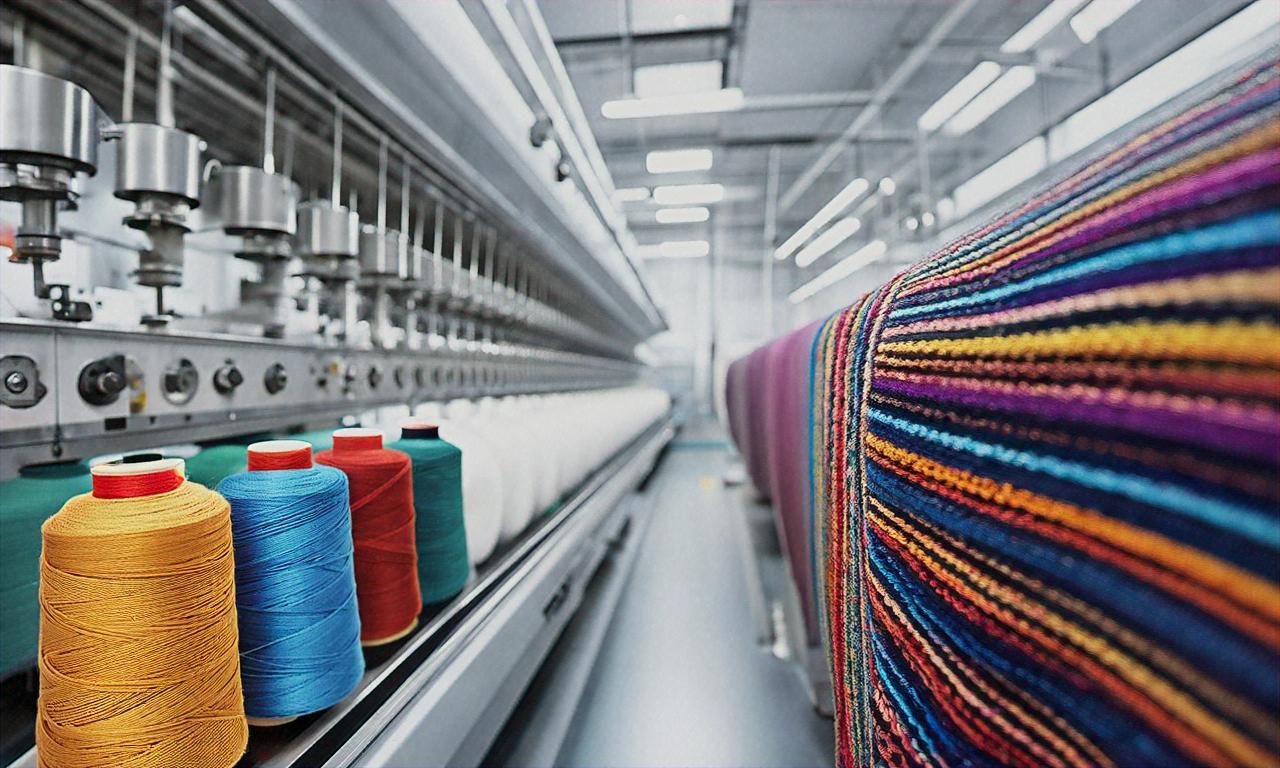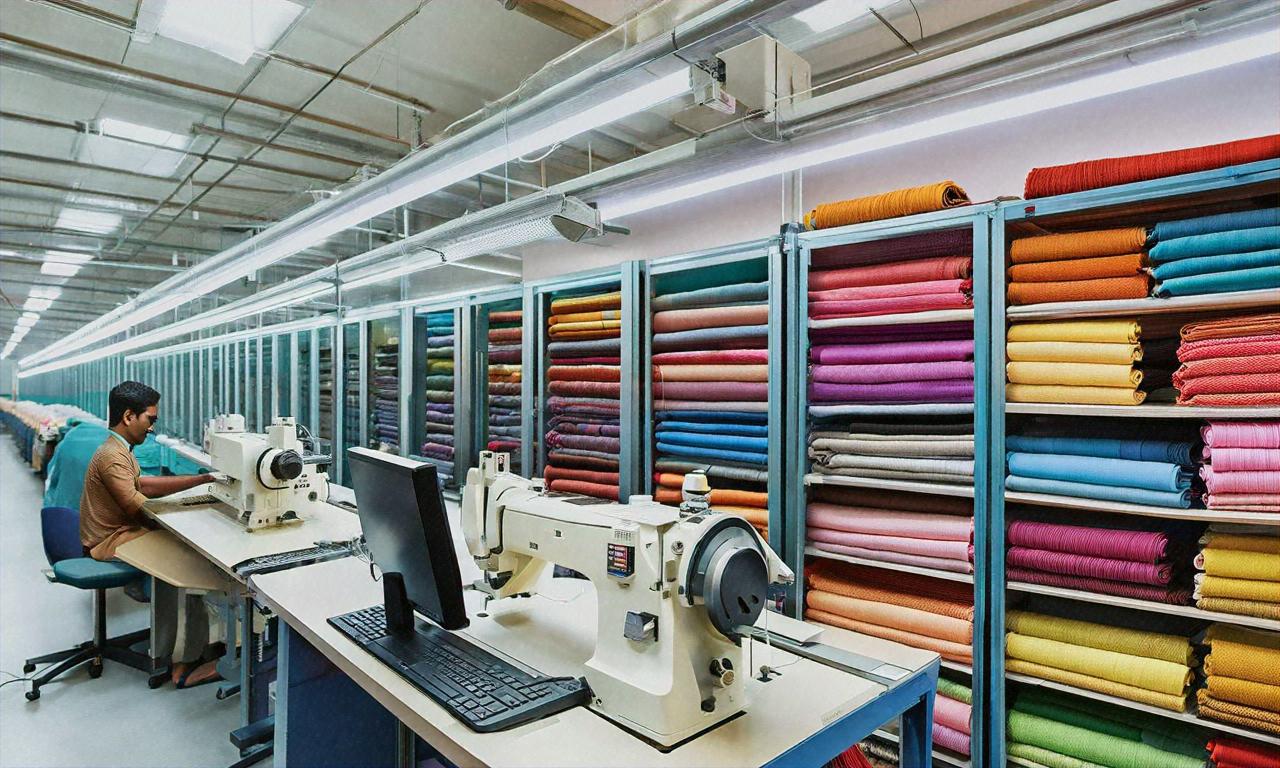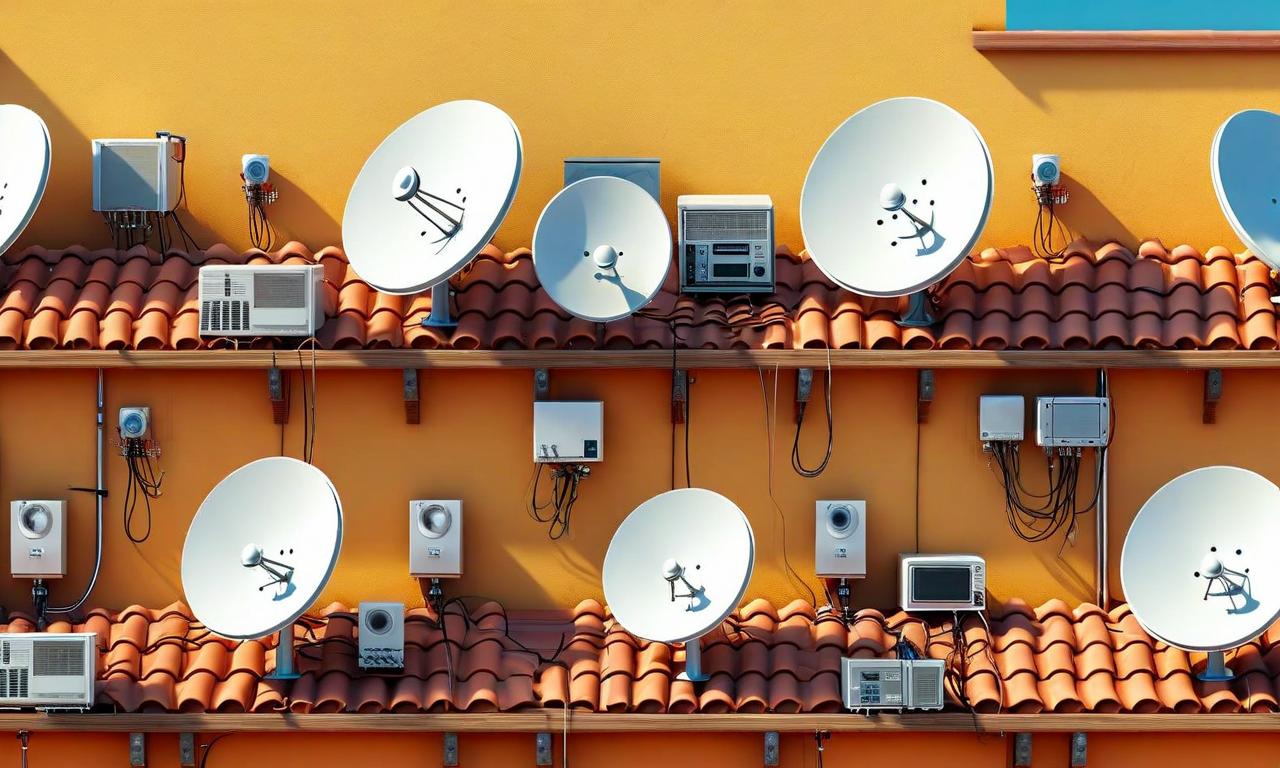Pearl Global Industries Faces Headwinds as US Imposes 50% Tariff on Indian Textiles
The US has imposed a 50% tariff on textile and apparel imports from India, potentially reducing exports by 10-15%. US brands are pressuring Indian exporters to absorb costs or relocate manufacturing. Pearl Global Industries, with 50% US market exposure, may mitigate impact through its international manufacturing network. The tariffs create a 25-30% disadvantage for Indian exporters compared to competitors in Bangladesh, Indonesia, and Vietnam. Pearl Global Industries' shares closed 3.36% lower on the NSE following the news.
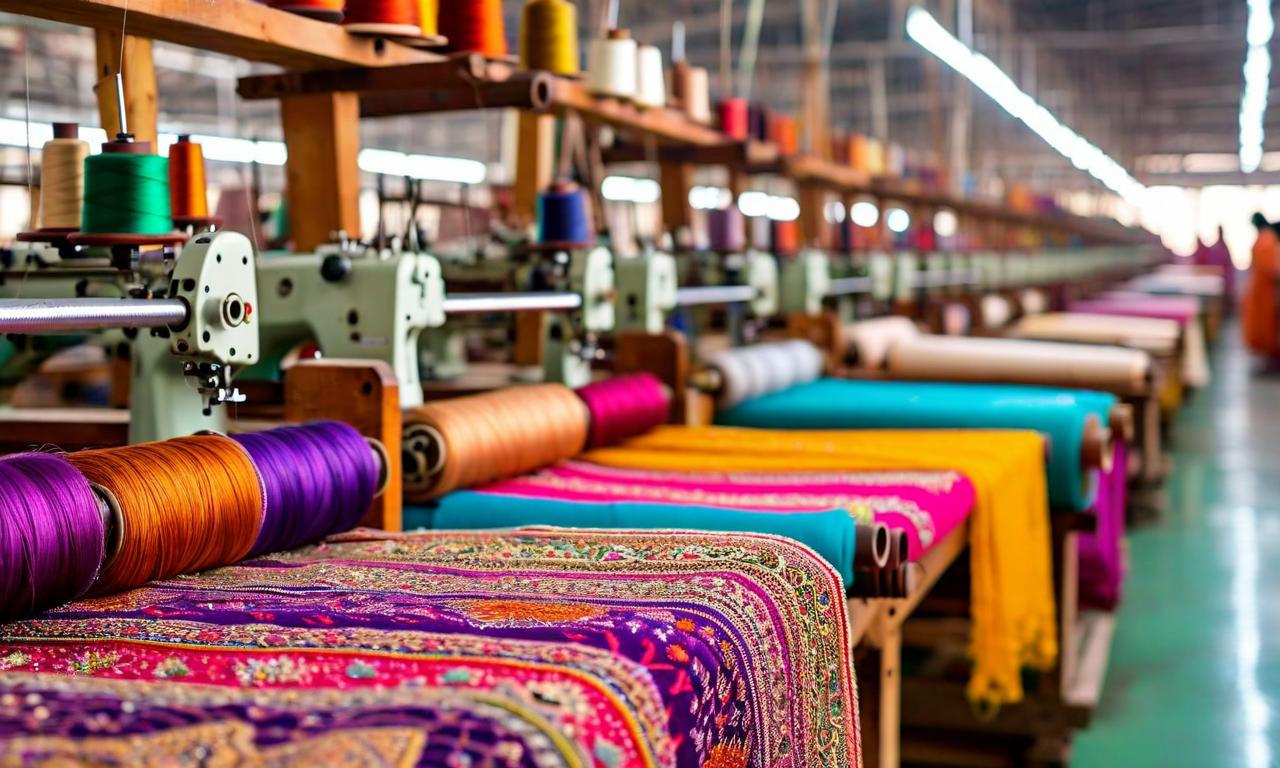
*this image is generated using AI for illustrative purposes only.
India's textile and apparel industry is bracing for a significant downturn following the United States' decision to impose a 50% tariff on imports. The move has sent shockwaves through the sector, with industry leaders warning of potentially severe consequences for Indian exporters.
Export Projections and Industry Impact
Pallab Banerjee, Managing Director of Pearl Global Industries , has sounded the alarm on the potential repercussions of this tariff hike. According to Banerjee, if the tariffs persist for three to six months, India's apparel exports to the US, currently valued at $6 billion, could see a sharp decline of 10-15%.
Pressure from US Brands
The situation is further complicated by the demands of US brands, who are putting Indian exporters in a difficult position. These brands are insisting that exporters either absorb the additional costs by reducing their selling prices by 16% or shift their manufacturing operations to other countries.
Pearl Global Industries' Position
Pearl Global Industries, a key player in the textile industry, finds itself at a critical juncture:
- The company has a 50% exposure to the US market
- India represents 25% of its total revenue
- Approximately 12.5% of the company's total revenue is at risk due to the new tariffs
However, Pearl Global Industries is better positioned than some of its competitors to weather this storm. The company has manufacturing operations in Bangladesh, Vietnam, Indonesia, and Guatemala, allowing it to potentially relocate production and mitigate some of the impact. Companies without such flexibility may face more severe business losses.
Timing and Competitive Disadvantage
The timing of these tariffs is particularly challenging as it impacts new order bookings for spring and summer products. Moreover, the tariffs place Indian exporters at a significant disadvantage compared to competitors in countries like Bangladesh, Indonesia, and Vietnam, who now enjoy a 25-30% tariff advantage over India.
Market Reaction
The news has already had a tangible impact on Pearl Global Industries' stock performance. On the National Stock Exchange (NSE), the company's shares closed 3.36% lower at ₹1,235.00, reflecting investor concerns about the potential impact of these tariffs on the company's future performance.
As the situation unfolds, the Indian textile and apparel industry will be closely watching for any developments or potential negotiations that could alleviate the pressure from these new tariffs. The coming months will be crucial in determining the long-term impact on India's textile exports and companies like Pearl Global Industries.
Historical Stock Returns for Pearl Global Industries
| 1 Day | 5 Days | 1 Month | 6 Months | 1 Year | 5 Years |
|---|---|---|---|---|---|
| -2.29% | +24.91% | +13.04% | +33.97% | +29.23% | +1,995.00% |

